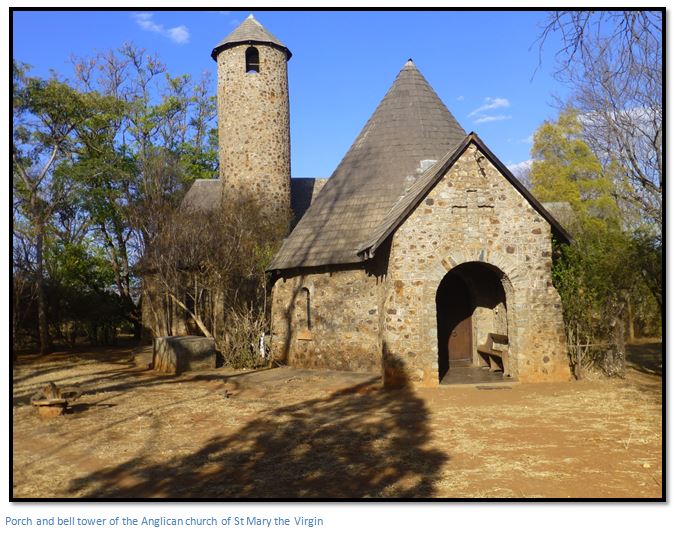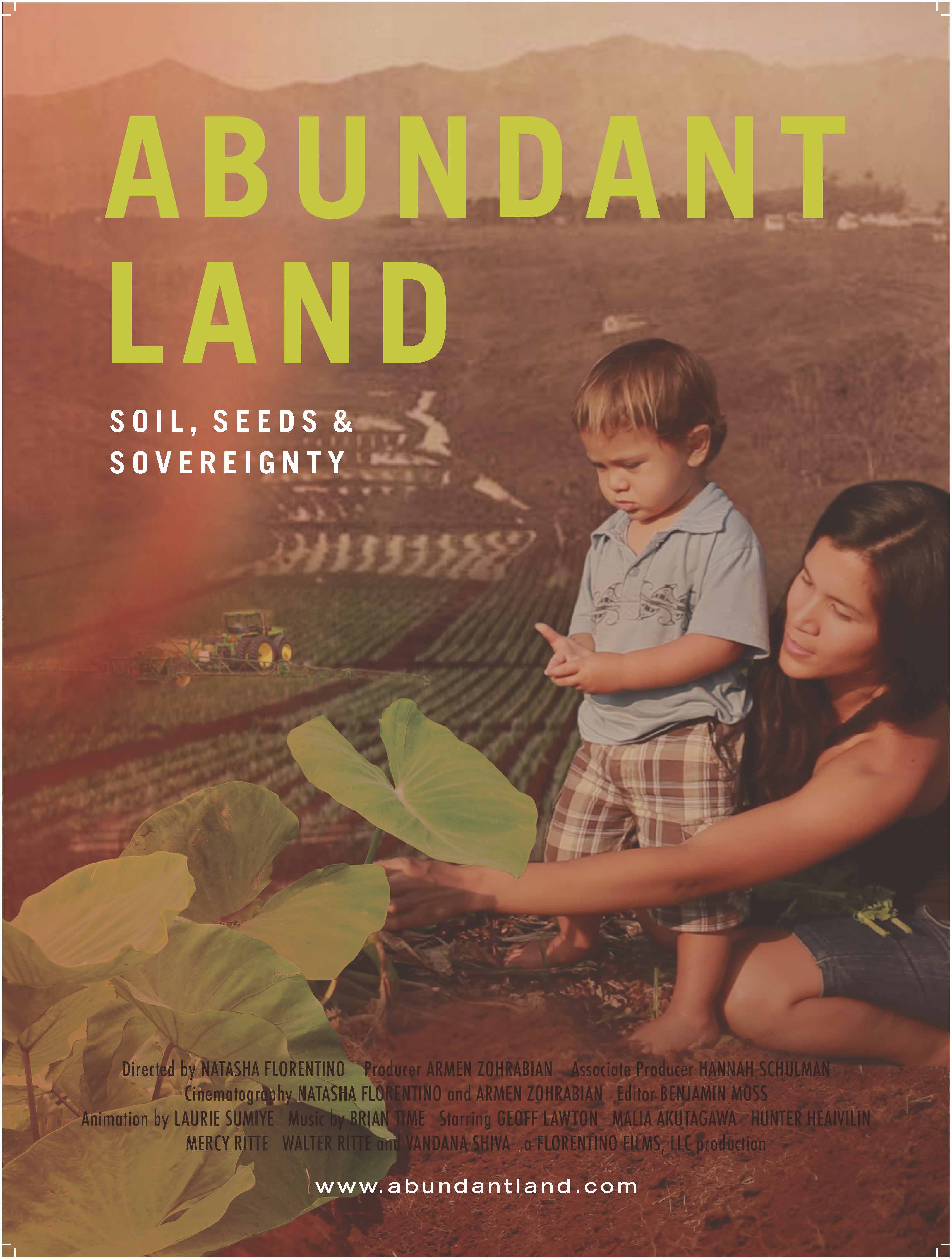Nyazura: Rural Tranquility Near The Pungwe River
Have you ever wondered what it would be like to depend on a river for your water supply? Well, the people of Beira, a city in Mozambique, don't have to wonder. They rely on the Pungwe River for their water, and let me tell you, it's not looking too good right now.

The Pungwe River, once a source of life, is now brown and murky. It's hard to believe that it could sustain an entire city, but that's the reality for the people of Beira. Can you imagine taking a sip of brown water? Yikes.
It's not just the water that's the problem, either. The river also serves as a habitat for many species of fish, which are now struggling to survive in the contaminated water. It's a sad situation all around.
But let's not dwell on the negative. Beira, despite its water troubles, is a fascinating city with a rich culture and history. Let's take a deeper dive into what makes this place special.
Demographics and Culture
Beira is the fourth-largest city in Mozambique and is home to around 500,000 people. The majority of the population is made up of indigenous tribes, such as the Bantu and the Shona. Portuguese is the official language of Mozambique, and it's spoken by many people in Beira, along with local languages such as Ndau and Sena.
Beira has a unique blend of African and Portuguese culture, which is reflected in its food, music, and architecture. The city has a vibrant music scene, with many festivals and events throughout the year. You'll also find plenty of restaurants serving traditional Mozambican cuisine, such as piri-piri chicken, matapa (a dish made with cassava leaves), and feijoada (a bean and meat stew).
Tourist Destinations
Despite its water troubles, Beira has several tourist destinations that are well worth a visit. One of the most popular is the Macuti Lighthouse, which offers stunning views of the city and the Indian Ocean. The lighthouse was built in the late 19th century and is still in operation today.
Another must-see attraction is the Grande Hotel Beira. Once a luxurious hotel, it now stands abandoned and decaying, but it's still an eerie and fascinating place to explore. If you have a taste for the macabre, this is the perfect place for you.
If you're looking for a bit of culture, be sure to visit the Beira Cathedral. This stunning building was built in the early 20th century and is a beautiful example of Portuguese colonial architecture.
Shopping and Culinary
When it comes to shopping in Beira, you'll find plenty of markets and shops selling a variety of goods. The Satira Market is a must-visit, offering everything from fresh produce to handmade crafts. If you're in the market for some souvenirs, this is the perfect place to find them.
When it comes to dining, Beira has plenty of options to choose from. As mentioned earlier, there are plenty of restaurants serving traditional Mozambican cuisine. But if you're in the mood for something different, you'll also find plenty of international options, such as Chinese and Indian food.
Tips
If you're planning a trip to Beira, here are a few tips to keep in mind:
- Be prepared for the heat. Beira is a hot and humid place, so be sure to bring plenty of water and sunscreen.
- Be respectful of local customs. Mozambique is a conservative country, so dress modestly and avoid public displays of affection.
- Bargain at markets. The prices at markets are usually negotiable, so don't be afraid to haggle for a better deal.
FAQ
Is Beira safe for tourists?
Crime can be an issue in Beira, so it's important to take precautions. Avoid walking alone at night and keep your valuables close to you. It's also a good idea to stay in well-lit areas and be aware of your surroundings.
What currency is used in Beira?
The official currency of Mozambique is the metical. Be sure to exchange your money before arriving in Beira, as it can be difficult to find currency exchanges in the city.
What's the best time of year to visit Beira?
The best time to visit Beira is during the dry season, which runs from April to September. During this time, you'll experience mild temperatures and less rain.
There you have it, folks. Beira may be facing some serious water troubles, but it's still a fascinating city with plenty to offer. If you're looking for a unique travel destination, Beira should definitely be on your list.




Post a Comment for "Nyazura: Rural Tranquility Near The Pungwe River"